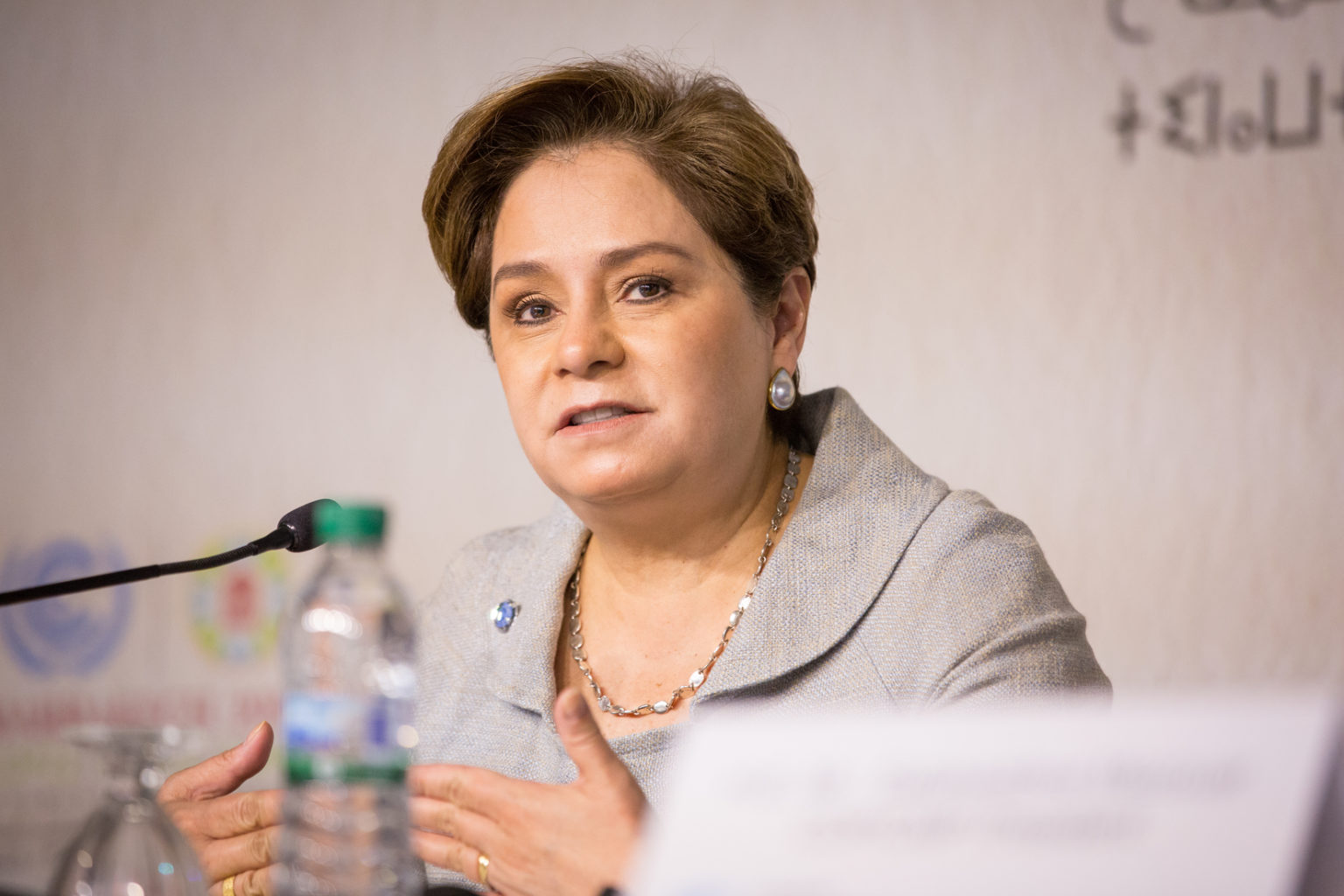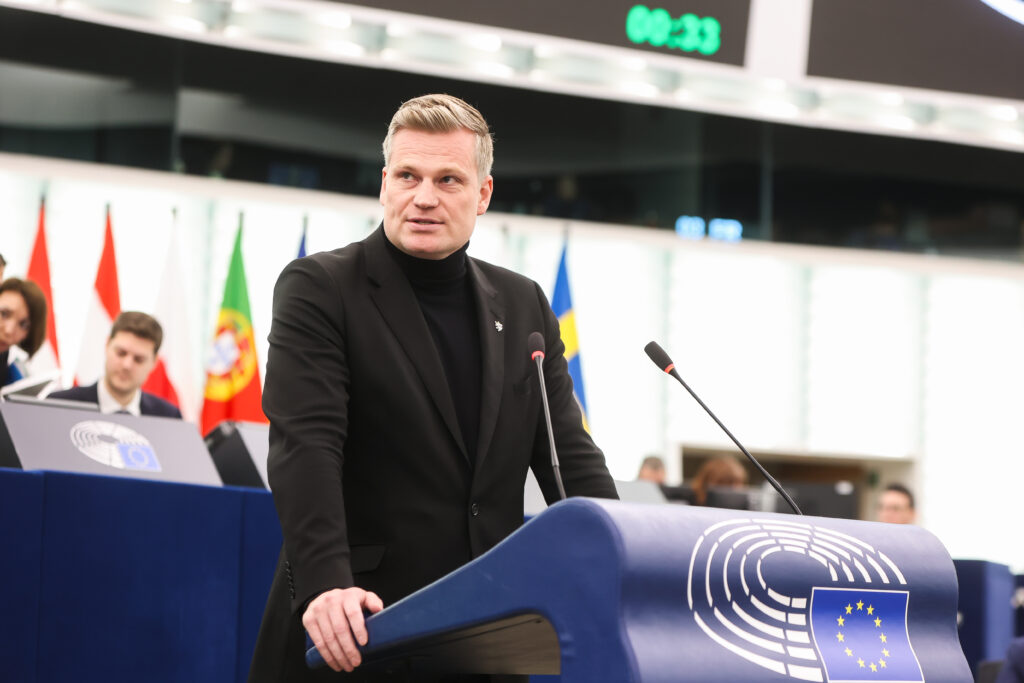The financial sector needs to show leadership by providing trillions of dollars for green growth projects, Patricia Espinosa, executive secretary of the UN Framework Convention on Climate Change (UNFCCC), today told a London audience.
Speaking at a public event at the London School of Economics (LSE), Espinosa highlighted “the gap of trillions of dollars that are still needed to truly transform our economic and social reality”.
She warned that achieving the Sustainable Development Goals (SDGs), which include climate goals, required finance of $5 trillion to $7 trillion a year – a target which is far from being met.
Quoting the 2016 New Climate Economy report, Espinosa said less than one percent of the estimated $110 trillion devoted to global infrastructure and bond issue for the year to come would be related to climate and SDG finance.
“We have a new scenario compared to two or three years ago in regards to what we know is possible. Nevertheless, the scale is not yet commensurate to the challenge.
“Green investment is making the financial system part of the change and it is increasingly in the self-interest of the finance sector to act.
“In addition to public pressure, and perhaps most importantly, sustainability regulations are likely to feature more prominently in policy moving forward. For finance this needs to be a very real issue.
“We need clear leadership on sustainability by the finance industry and we really hope that this issue will be taken up by the G20 in Germany,” she said.
The lunchtime event, which was organised in partnership with the Grantham Research Institute on Climate Change and the Environment, was a discussion on the topic “Climate Change: From challenge to opportunity”.
Espinosa argued that strengthening the economic case for tackling climate change was more important than ever, particularly in the face of President Trump’s administration, which is dismantling US climate policies.
Speaking in London earlier this month, Trump’s environment advisor Myron Ebell claimed the US President would keep his campaign promise and withdraw from the Paris Agreement. But other members of Mr Trump’s cabinet, including secretary of state Rex Tillerson, could come out in defence of the treaty.
The chief of the UNFCC said in spite of Trump’s election, the momentum to tackle climate change “remained unchanged”.
Responding to a question over the future of global climate policy in regards to the US administration, she said “we should not underestimate the importance of the fact the Paris Agreement has come into force” and that it had “strong credibility” because it was supported not only by state governments but also by cities, businesses and societies.
“The US is a very important part of this process and we hope that we will be able to convince the new administration in engaging in a very constructive dialogue to underline how much it has to do with competitiveness and the economy of the future, giving new areas of growths and creating more and better jobs.
“Of course, there is a challenge but we have a lot of elements in order to address it,” she said.
According to the Business and Sustainable Development Commission, sustainable businesses can unlock $12 trillion in market opportunities, Espinosa said.
“The convinced and converted know that fully integrated climate change and sustainability into all aspects of operations make economic sense.
“There has been one or two green pioneers but they can’t do it alone. The message of this success story already acting needs to be carried around the world to every boardroom, to every CEO and to everybody who wants to start a business.”
She told the audience she had spoken at an International Petroleum Week event in London in the morning and she was “very encouraged by the presentation of some of the oil and gas companies that were ready to embrace this opportunity and this transition is offering”.
Looking ahead at the implementation of the Paris Agreement, the head of the UNFCCC said the conversion of National Determined Contributions (NDCs) into actions and policies at national level remained “the single most important work to be done”.
Hailing 2015, the year the Paris Agreement was signed, as a “breakthrough year”, Espinosa said: “As incredible as these developments are, they are not enough and they are not yet mainstream. Our economies are still caterpillars but they need to transform into butterflies.”
Main image credit: UN Climate Change via Flickr CC BY–SA
Subscribe to our newsletter
Stay up to date with DeSmog news and alerts







